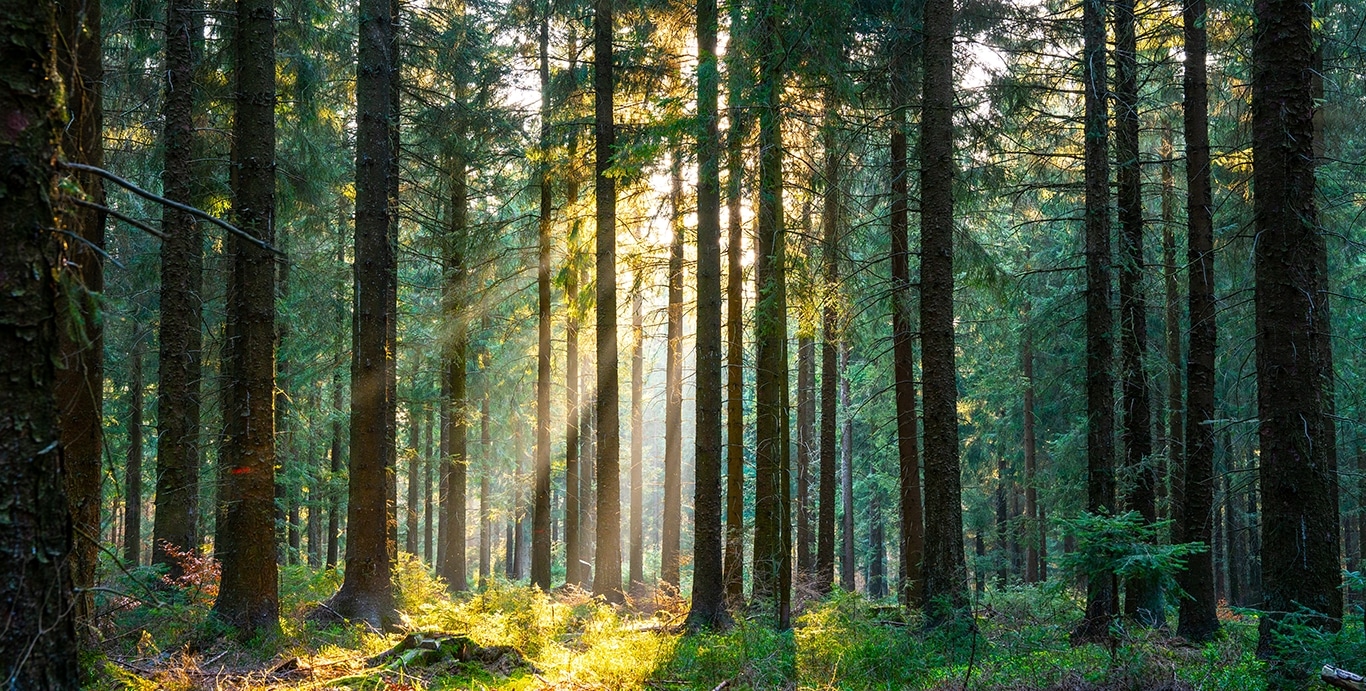Why You Should Buy Local Firewood
Publish Date: June 3, 2023
Estimated Time: 2 min read
Whether you’re buying firewood for a backyard campfire or to use in your wood-burning stove, you should source it near where you intend on burning it. It will not only help local economies, but it will also help to protect local ecosystems and forests.
You Should Source Your Firewood Locally
Besides benefitting local economies, buying local firewood where you plan to burn it is beneficial to local ecosystems. When you transport wood, you can also transport pests to new areas.
There are countless pests that will burrow into wood and many will lay eggs in it. So, even if the firewood looks like there is no life in it, insects and their eggs could still be present.
How Far Can You Safely Transport Firewood?
You should always source your firewood as close to the final destination as possible. The MFC state forester, Russel Bozeman, suggests you not transport firewood over 50 miles. The farther you go away from where you get your firewood, the greater the chance of you introducing new pests to an area and causing a devastating invasion.
How to Safely Transport Wood
If you absolutely must transport firewood, you should buy commercially kiln-dried wood. This type of wood has been treated to kill any insects or eggs that may be present in it. However, this method still isn’t 100% effective, so you should only use it as a last resort.
For more information on firewood, click here.
Key Takeaways
- Obtain firewood near the location where you will burn it – that means the wood was cut in a nearby forest, in the same county, or at a maximum of 50 miles from where you’ll have your fire.
- Don’t be tempted to get firewood from a remote location just because the wood looks clean and healthy. It could still harbor tiny insect eggs or microscopic fungal spores that will start a new and deadly infestation of forest pests.
- Aged or seasoned wood is not considered safe to move, but commercially kiln-dried wood is a good option if you must transport firewood.
- If you have already moved firewood, and you now know you need to dispose of it safely, burn it soon and completely. Make sure to rake the storage area carefully and also burn the debris. In the future, buy from a local source.
- Tell your friends and others about the risks of moving firewood – no one wants to be responsible for starting a new pest infestation.

